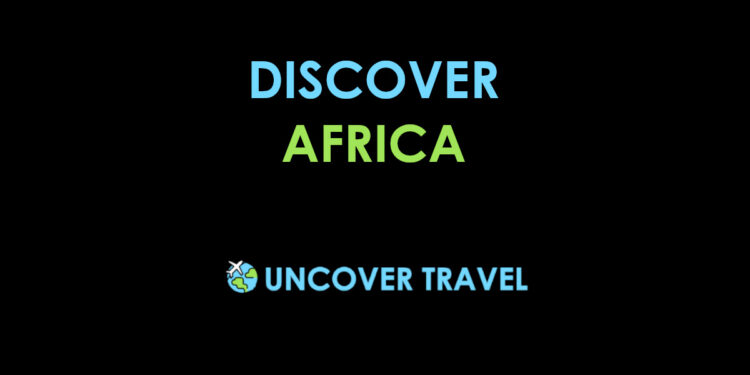Aride is the northernmost granitic island in the Seychelles and is 68 hectares in area. It is perhaps the most unspoiled of all the islands and is known as the ‘seabird citadel’ of the Indian Ocean.
The island was discovered in 1756, however it was not until 1770 that it was put on the charts by a French expedition. Initially thought not suitable for vegetation, it later became home to plantations of coffee, maize, cotton, beans and tobacco. By 1868 most of the island was used for agriculture and trees outside of the plantations were cut down to make egg collecting easier. In 1931 over 200 cases of eggs were sold, each case containing 700-750 eggs. By 1954 the number of eggs collected had increased to an astonishing 226,200 eggs. The number of nesting seabirds decreased and all endemic land birds were wiped out. In 1967 the island’s owner, Paul Chenard, ceased egg collection and declared the island a reserve.
In 1972 biologists, John Proctor and Chris Fearne, made a preliminary list of plants, ferns, population estimates for the island’s ten breeding seabirds, a list of land birds and other terrestrial animals and made some recommendations for management. Finally, Aride was getting the scientific attention that it deserved.
Without the income from the eggs the island was becoming difficult to maintain and in 1973 the Chenard family put the island up for sale with the provision that it must remain a nature reserve. Christopher Cadbury, a philanthropic Englishman with a long interest in conservation, bought the island and gave it to the UK conservation charity the SPNC (Society for the Promotion of Nature Conservation, now the Wildlife Trusts UK) to ensure its international importance was recognised and protected. Under Seychelles law the island then became a ‘Special Nature Reserve’, giving the island legal protection. The island was handed over to the Island Conservation Society in 2008 who now manage it. The only human inhabitants are the reserve’s staff; currently some rangers, expatriate conservation officers and volunteers.
SOURCES:
- Information provide by Variety Cruises
- Information signs at Aride island



